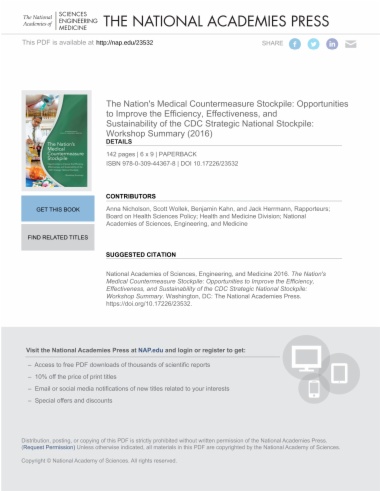This volume draws the outlines of a new field of scholarship at the crossroads of the social histories of punishment and labour. It poses key questions: What is “punishment” and how is it legitimized? In particular, how do punitive practices contribute to shape the processes of labour extraction and workers’ mobility? Based on empirically grounded research on a wide range of geographical and temporal contexts, this volume provides important insights on these questions and on the ways through which they can be studied. It highlights the need to pluralize both punishment and labour, moving beyond the standard focus on incarceration and wage labour. It invites to produce contextualized studies of the processes of coercion and the relations between multiple actors, rather than starting from predefined categories of labour and punishment. And it foregrounds the importance of the simultaneous analysis of processes of mobilization and immobilization of the workforce.
- Cover
- Table of Contents
- Acknowledgements
- 1. Punishment, Regulation and Legitimation: A Trans-cultural and Trans-epochal Perspective on Labour Mobility
- Katherine Roscoe, Nabhojeet Sen and Adam Simon Fagbore
- Part 1: Punishment and the Production of Labour Relations
- 2. Punishment, Competition and the Regulation of Labour Mobility in Old and Middle Kingdom Egypt (c. 2494–1650 BC)
- 3. Vagrancy, Punishment, Legislation and Workers’ Agency in Portuguese Africa (1875–1899)
- 4. From Slave Society to Penal Colony: Penalisation of Work and the Penal Workforce in French Guiana, 1794–1953
- Part 2: Punitive (Im)mobilities
- 5. Corporal Confinement, Mutilation and Slave Marks: Approaches to Mobility Control in Early Mesopotamia
- 6. Coercive Networks in Copenhagen, c. 1730–1820
- Emilie Luther Valentin and Johan Heinsen
- 7. Spatial Punishment and Penal Labour in Eighteenth- to Nineteenth-Century Japan, China and Mongolia
- Part 3: Punishment and the Legitimation of Power
- 8. The Ancient Egyptian Deportation Regime: Political Economy and Ideological Punishment in Focus
- 9. Life in the Service of God: Penal Servitude and Dependent Labour in the Ecclesiastical Domain
- 10. Lords’ Violence and Peasant Mobility in Fifteenth-Century Red Ruthenia
- Index
- List of Figures
- Figure 6.1. Punitive Network in Copenhagen. Authors.
- Figure 7.1. Map of Izu Province and its islands, 1838 (the largest seven islands were used as locations of exile from Edo). From Province Maps of the Tenpō Era (Tenpō kuni ezu), National Archives of Japan Digital Archive. Author.
- Table 8.1. Estimated Figures of Deportees in the New Kingdom
- Table 8.2. Spatio-temporal Distribution/Origins of Deportees

